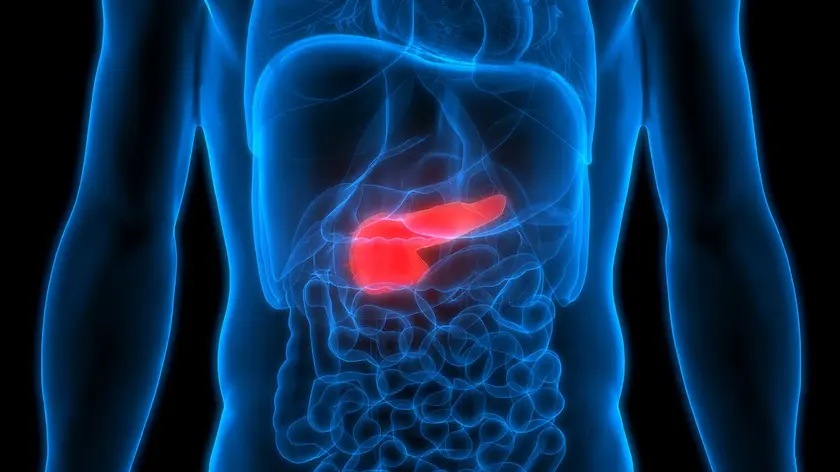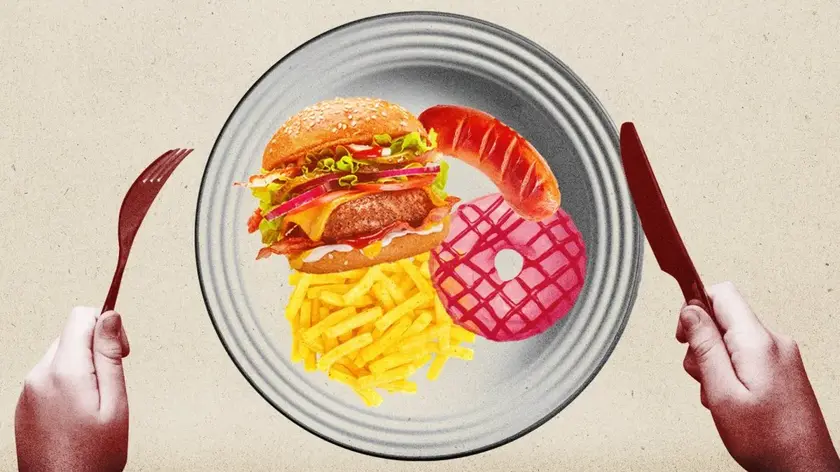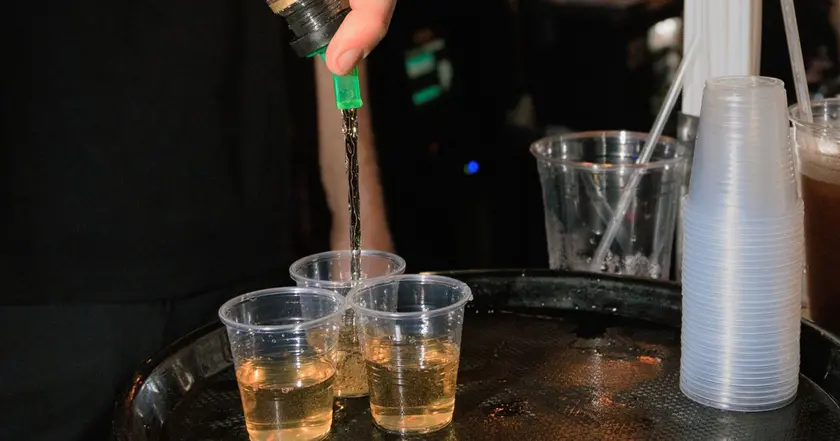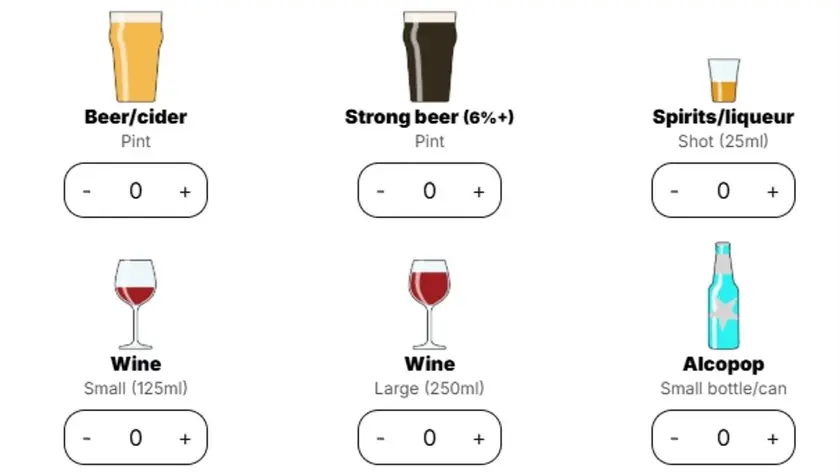T4K3.news
Pancreatic cancer risk linked to heavy drinking
New Miami study ties alcohol use to pancreatic inflammation and cancer risk, with CREB as a potential prevention target.

A Miami study links alcohol use to pancreatic inflammation and cancer risk and identifies CREB as a potential prevention target.
Pancreatic cancer risk linked to heavy drinking as CREB gene offers prevention path
Regular heavy drinking damage the pancreas, scientists report, raising the risk of one of the world’s deadliest cancers. The study found that alcohol harms the cells that produce digestive enzymes, triggering inflammation that can lead to pre-cancerous lesions. Over time, these lesions may progress to pancreatic cancer, a disease with very low survival rates. Heavy use is defined as eight or more drinks per week for women and 15 or more for men. The researchers also noted that a mutation in the Ras gene is typically needed for cancer to develop. In laboratory experiments, alcohol plus a pro-inflammatory molecule produced symptoms similar to pancreatitis, reinforcing the link between alcohol and pancreatic damage.
A key finding is that disabling a gene called CREB, which promotes inflammation, stopped the formation of pre-cancerous and cancerous lesions in pancreas cells. The team describes CREB as a master controller that can permanently reprogram healthy cells toward abnormal, cancer-prone states. Co-author Dr Nipun Merchant said the work lays the groundwork for future prevention efforts. The study comes as pancreatic cancer cases rise among younger people, though death rates have not yet spiked. Survival remains dire: about 10 percent survive the first year after diagnosis, and three-year survival is around one percent. The disease is often called a silent killer because early signs are subtle, such as weight loss and abdominal pain. Most pancreatic cancers are adenocarcinomas, which account for roughly 90 percent of cases, and the condition remains difficult to detect early. Experts stress that risk factors include smoking, obesity, diabetes, red and processed meat intake, and family history, underscoring the broad public health challenge.
Key Takeaways
"CREB acts like a master controller in the pancreas"
Describes CREB's regulatory role in pancreas cells
"Heavy drinking may set off a chain that ends in cancer"
Links lifestyle to disease mechanism
"This work lays the groundwork for prevention not a cure"
Editorial assessment of the study's potential
"We need human data before turning hope into treatment"
Cautions against overreach in clinical translation
This study shifts attention from treatment to prevention by highlighting a biochemical pathway through which alcohol may fuel pancreatic cancer. It also raises questions about how soon such molecular findings could translate into real-world tools, such as CREB-targeted strategies, and what risks those interventions might carry. While exciting, the results are early and largely based on cellular models; human trials are needed to verify safety and efficacy. For the public, the message remains consistent: reducing heavy alcohol consumption could lower inflammation and, by extension, cancer risk. As science maps the pancreas’s hidden vulnerabilities, policymakers and health professionals should consider how to translate these advances into clearer guidance and better screening for at-risk groups.
Highlights
- CREB could be a master switch for pancreatic cells
- Heavy drinking may start a chain that ends in cancer
- This work lays groundwork for prevention not a cure
- We need human data before turning hope into treatment
Progress in the lab should be matched by patient, policy and public health action.
Enjoyed this? Let your friends know!
Related News

Alcohol and cancer study prompts NHS screening drive

UPFs linked to higher cancer and heart disease risk

Young Americans face higher rectal cancer risk

Three out of five liver cancer cases are preventable

Foods Linked to Worsening Inflammation Identified

HPV linked throat cancer highlights complex risk

UK Alcohol Guidelines Face Scrutiny After Record Death Toll

Experts warn cancer causing chemicals threaten humanity
